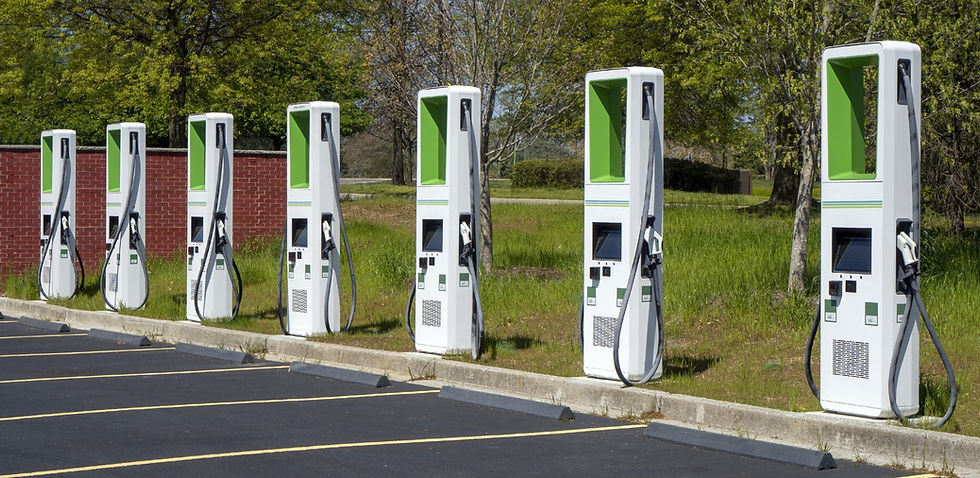EV Ownership for Renters: Challenges, Opportunities, and Resources
- Columbia-Willamette Clean Cities
- Sep 28, 2025
- 2 min read
EVs are growing in popularity, but making the switch to electric is easier for some than others, especially depending on whether buyers rent or own a home. In the United States, about 92% of households have a car (Forbes). However, homeowners are 3 times more likely to purchase an EV than renters, highlighting a gap in the EV market for renters. This is explained by the financial and logistical challenges renters experience when owning an EV, but there are opportunities renters can take to resolve these issues.
Financial factors can pose a barrier to EV ownership for renters, though current trends and incentive programs are eliminating price differences with ICE vehicles. The purchase price of EVs is about 15-20% greater than the cost of other cars so, given that the median household income of renters is $37,000 lower than homeowners (Census.gov), the initial cost may dissuade renters from buying an EV instead of another car. However, the financial barrier to EV ownership does not extend beyond purchase price, as EVs have a lower long-term cost than other cars due to lower maintenance and fuel costs (Argonne National Laboratories). The initial EV cost is also becoming increasingly affordable because of incentives, such tax credit programs, and the growing used EV market.
Renters are also faced with logistical challenges in the EV ownership experience, but public and workplace charging stations can resolve these issues. The right to charge an EV is not provided to renters in all states and charging access may be limited depending on parking locations and station availability. This barrier can be eliminated through public and workplace charging station usage. Renters can therefore identify optimal charging stations and purchase an EV without being limited by charging accessibility.
While financial and logistical barriers influence the feasibility of purchasing an EV, renters should consider how current incentives, long term costs, and public charging availability improve the EV ownership experience. Resources such as the Oregon Charge Ahead Rebate and the U.S. Department of Energy Alternative Fuels Data Center charging map allow renters to purchase EVs with financial and logistical support.





Comments